SOCIAL
LinkedIn Loses Latest Appeal in Ongoing Data-Scraping Case
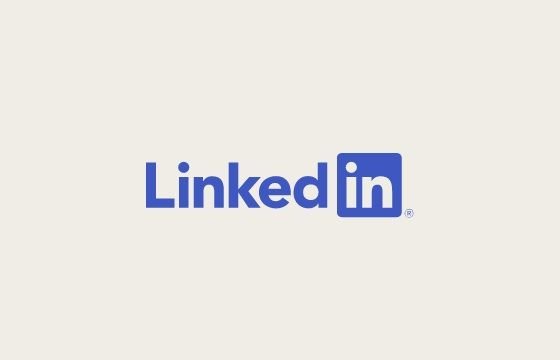
The ongoing saga of LinkedIn’s battle against data scraping is still ongoing, with a new appeals court ruling once again going against the company, essentially ruling that scraping of publicly available data is legal, and that LinkedIn has no grounds to block access to third-party providers which are scanning its user profiles for their own use.
A quick summary of the case – back in 2017, LinkedIn sought to cut off hiQ Labs from its service after discovering that hiQ had been scraping LinkedIn user data, harvesting the personal information on publicly available profiles of LinkedIn users in order to build its own recruitment information service.
hiQ Labs uses LinkedIn profile information in order to build data profiles that can predict when an employee is more likely to leave a company.
hiQ took LinkedIn to court over its moves to restrict access, and the case has been shuffling up and down the various appeals processes ever since, and has become a precedent-setting example in the battle against data scraping more broadly.
The latest decision, handed down this week by the Ninth Circuit of Appeals (and first reported by TechCrunch), is that scraping data that’s publicly accessible on the internet isn’t in violation of the Computer Fraud and Abuse Act.
The ruling supports the original Appeals Court ruling from 2019, which also found that it’s legal for any company to access and utilize publicly available user data, from any platform, with users’ having no rights to govern this expanded usage.
Which seems a little off, and it makes sense for LinkedIn to push against this. But at the same time, as TechCrunch notes, the broader implications for data scraping also relate to archivists, academics and researchers, who also use tools to scrape information on mass for alternative purpose.
There is research value in such process, but there should seemingly be a middle ground, or at least, some level of restriction, you would assume, on repurposing user information for commercial means.
That’s the basis of Meta’s legal action against data-scraping, which it launched in 2020, taking two companies to court over browser extensions that extracted user data from Facebook, Instagram, Twitter, YouTube, LinkedIn and Amazon, “in order to sell “marketing intelligence” and other services.”
That case, too, is still ongoing, and it’ll be interesting to see how the defence uses the hiQ Labs example as precedent in this case.
In any event, it still seems like the current laws are outdated in regards to scraping data from social media platforms, which, if they remain unchanged, could eventually see social apps look to further restrict publicly available user info.
Which both Meta and LinkedIn have already done to a large degree.
Meta made big changes to how it displays personal information following the Cambridge Analytica scandal, while LinkedIn has increasingly limited the information that people who are not logged in can view.
Yet, at the same time, LinkedIn draws a significant amount of traffic from Google searches for member and business names, which means that it likely needs to display a level of user info in order to maximize that access.
In any event, LinkedIn will once again challenge the ruling.
In a statement, LinkedIn said that:
“We’re disappointed in the court’s decision. This is a preliminary ruling and the case is far from over. We will continue to fight to protect our members’ ability to control the information they make available on LinkedIn. When your data is taken without permission and used in ways you haven’t agreed to, that’s not okay. On LinkedIn, our members trust us with their information, which is why we prohibit unauthorized scraping on our platform.”
It’s a complex issue, which likely requires new laws to cover varying uses, and ideally, that will be the eventual outcome of the ongoing push.
Source link

![Holistic Marketing Strategies That Drive Revenue [SaaS Case Study] Holistic Marketing Strategies That Drive Revenue [SaaS Case Study]](https://articles.entireweb.com/wp-content/uploads/2024/09/Holistic-Marketing-Strategies-That-Drive-Revenue-SaaS-Case-Study-400x240.png)
![Holistic Marketing Strategies That Drive Revenue [SaaS Case Study] Holistic Marketing Strategies That Drive Revenue [SaaS Case Study]](https://articles.entireweb.com/wp-content/uploads/2024/09/Holistic-Marketing-Strategies-That-Drive-Revenue-SaaS-Case-Study-80x80.png)
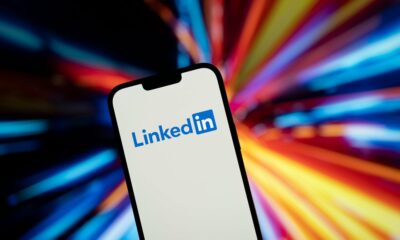

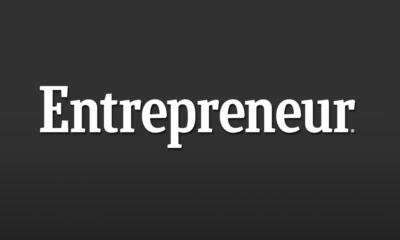

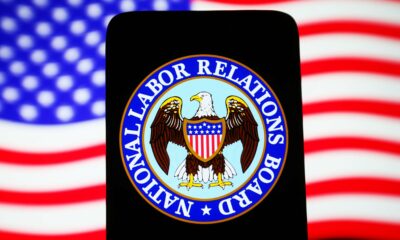

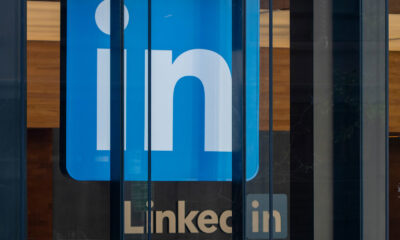



You must be logged in to post a comment Login